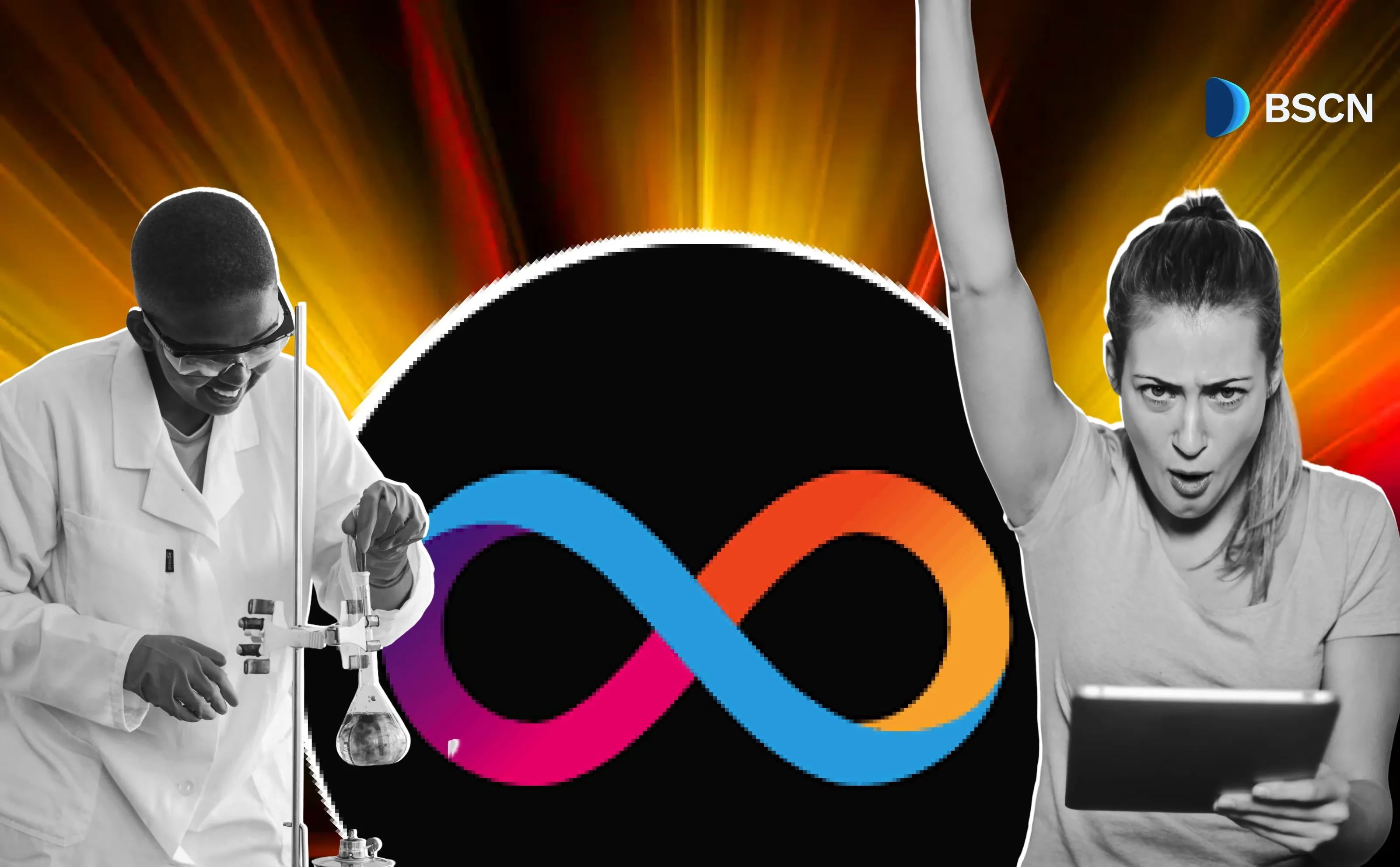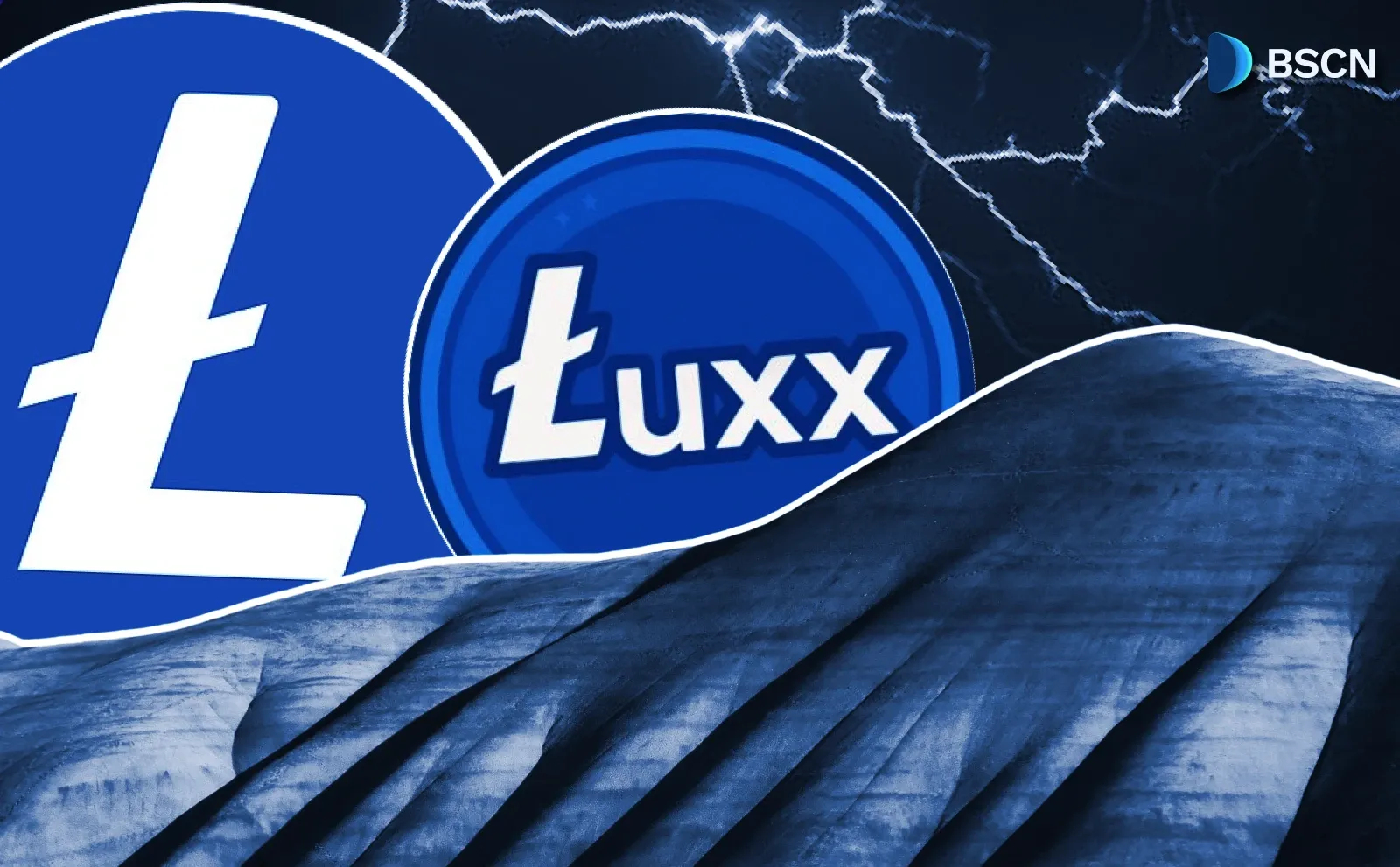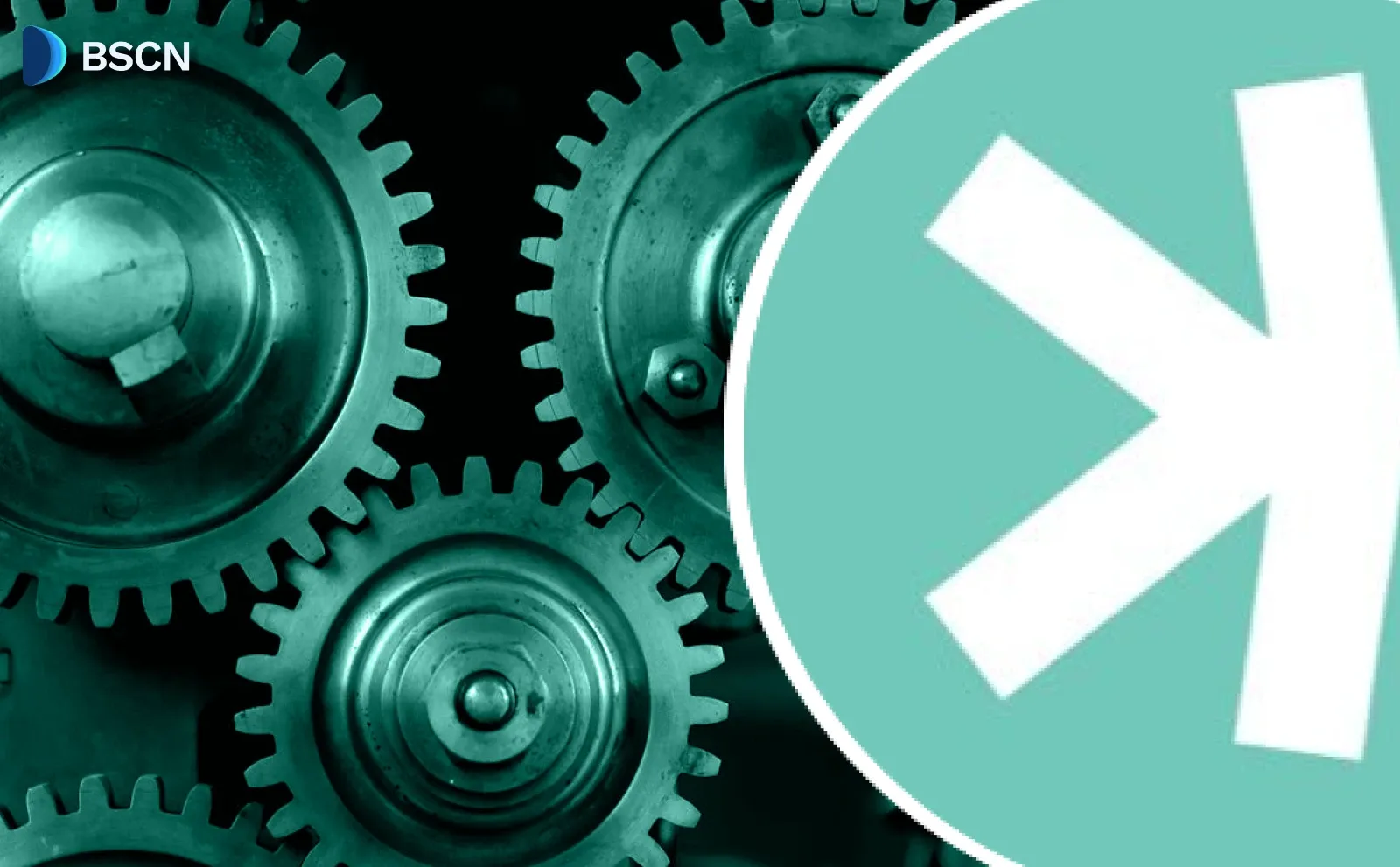What Is Ethereum’s Kohaku Privacy Framework?

Vitalik Buterin’s Kohaku framework is Ethereum’s new privacy toolkit. Here’s how it protects user data through modular wallets, ZK tools, and open-source design.
Soumen Datta
November 18, 2025
Table of Contents
Ethereum’s Kohaku privacy framework is an open-source toolkit that lets developers build private, secure, and modular Ethereum wallets without relying on centralized servers. Kohaku gives users stronger privacy by reducing how much personal data is exposed when they make transactions onchain.
At Devcon, Ethereum made it clear that privacy is now a core part of its future. Instead of treating privacy as an optional feature, the framework puts it at the center of Ethereum’s design goals.
Ethereum Steps Into a New Privacy Era
Ethereum’s co-founder Vitalik Buterin said the network is now in the “very last mile stage” of its privacy work. According to Buterin, Ethereum still leaks too much data and must do better.
He also said the goal is to give people tools that protect their everyday activity onchain.
Developers have struggled with this for years. Ethereum’s transparent design helps with security and decentralization, but it also exposes information that many users never intend to reveal, including:
- Account balances
- Spending history
- Links between wallets
- Timing and size of transactions
- Even hints about personal identity
Kohaku is the framework designed to address these problems at the wallet level.
What Kohaku Is Designed To Do
Kohaku is an open-source SDK that developers can use to create private, decentralized wallets, according to the Kohaku Github. It uses a modular system of tools (called “primitives”) so each wallet can enable privacy features without depending on centralized services.
The core goal is to expose the minimum amount of data needed for a transaction to work.
To achieve that, Kohaku includes three main parts:
- A lightweight client architecture
- A wallet reference design
- A set of privacy protocols that include Railgun and Privacy Pools
These work together to help wallets perform private transactions, validate blockchain data without third-party servers, and manage security risks with tighter control.
Ethereum Foundation developer Nicholas Consigny said that Kohaku is built so each party in a transaction only knows what they strictly need to know.
“Kohaku aims to ensure that each party to a transaction have knowledge only of that which is directly necessary for that transaction, and is exposed to the absolute minimum set of risks needed for that transaction to happen,” Consigny said.
How Kohaku Strengthens Onchain Privacy
Kohaku protects users by combining several technical systems that reduce data leaks and allow private interaction with Ethereum.
Light Clients for Direct Verification
Most wallets today rely on centralized RPC endpoints to read blockchain data. These endpoints know users’ IP addresses and can infer their behavior.
Kohaku integrates a direct light client model so the wallet validates Ethereum data inside the browser. This removes the need to trust centralized nodes that may monitor activities.
Privacy Pools: Proof of Innocence
Kohaku includes support for Privacy Pools. Built by 0xbow, they use “association lists” that prevent bad actors from hiding their funds inside a general privacy set.
The system allows:
- Transaction privacy
- Proof that funds do not originate from criminal activity
- Compliance-friendly privacy
This gives users privacy without creating blind spots for regulators.
Railgun Integration for Shielding Funds
During a live demo on November 16, a user shielded public funds inside a Kohaku wallet with Railgun. This showed how the framework allows wallets like MetaMask or Rainbow to add default opt-in privacy.
Railgun provides encrypted balances and private transfers using zero-knowledge proofs.
Modular Wallet Design
Wallet developers can “plug in” privacy features as needed. This helps them build wallets that:
- Do not depend on centralized servers
- Offer optional privacy modules
- Adapt to different jurisdictions and user needs
Possibility of Mixnets and ZK Browsers
The Kohaku roadmap mentions early work on future systems such as:
- Mixnets for traffic-level anonymity
- Zero-knowledge browsers for private reading and writing on Ethereum
These are long-term efforts, but the framework is built to support them.
Ethereum’s Privacy Cluster and Roadmap
Ethereum’s push for privacy goes beyond Kohaku. The Ethereum Foundation recently launched the Privacy Cluster — a 47-member team of researchers, cryptographers, engineers, and designers.
Their role is to build privacy into Ethereum’s core architecture. The focus areas include:
- Private reads and writes
- Metadata protection
- Confidential transactions
- Private voting
- Safer identity tools with selective disclosure
This team works alongside the Privacy Stewards of Ethereum, formerly the Privacy & Scaling Explorations group, which has shifted from experimental research to solving real user problems.
The two groups set the foundation for long-term privacy work.
Kohaku’s Technical Path Forward
Kohaku will expand over time, guided by the Ethereum Foundation’s privacy roadmap.
Peer-to-Peer Broadcasting
Kohaku plans to reduce metadata exposure by sending transactions through peer-to-peer networks, making it harder to connect wallet actions with users.
ZK-Based Account Recovery
Recovering a wallet often requires email or identity documents. Kohaku explores recovery using zero-knowledge proofs such as:
- ZK-Email
- ZK-passport
This allows recovery without revealing personal details.
Post-Quantum Security
Kohaku also intends to support post-quantum signature schemes. This prepares the system for a future where quantum computing could break today’s cryptographic tools.
Conclusion
Buterin stressed that privacy is freedom — the freedom to act without constant monitoring by governments, companies, or even social groups.
Kohaku reflects that philosophy. It is not a single privacy tool. It is a system that brings together the parts needed to make private Ethereum usage realistic for everyday users.
The framework does not promise complete anonymity, nor does it try to. Instead, it reduces unnecessary exposure and pushes Ethereum closer to privacy by default.
Resources:
Kohaku Github page: https://ethereum.github.io/kohaku/getting-started/
Announcement - The Ethereum Foundation’s Commitment to Privacy: https://blog.ethereum.org/2025/10/08/privacy-commitment
Ethereum doubles down on privacy with new ‘Kohaku’ wallet ahead of Devcon - report by CryptoSlate: https://cryptoslate.com/ethereum-doubles-down-on-privacy-with-new-kohaku-wallet-ahead-of-devcon/
Vitalik Buterin unveils Kohaku, a privacy-focused framework for Ethereum - report by The Block: https://www.theblock.co/post/379149/vitalik-buterin-unveils-kohaku-privacy-focused-framework-ethereum
Read Next...
Frequently Asked Questions
What is the Kohaku privacy framework?
Kohaku is an open-source toolkit from the Ethereum Foundation that helps developers build private, secure, and modular Ethereum wallets. It reduces data exposure by using privacy protocols, light clients, and zero-knowledge tools.
How does Kohaku protect user privacy?
It removes the need for centralized RPC providers, supports privacy protocols like Railgun and Privacy Pools, and limits how much transaction data is shared. It also includes early work on metadata protection and peer-to-peer broadcasting.
Is Kohaku ready for everyday users?
Kohaku is still a work in progress. It already includes key privacy components, but developers must integrate it into wallets before mainstream users benefit. The Ethereum Foundation continues to expand its privacy features.
Disclaimer
Disclaimer: The views expressed in this article do not necessarily represent the views of BSCN. The information provided in this article is for educational and entertainment purposes only and should not be construed as investment advice, or advice of any kind. BSCN assumes no responsibility for any investment decisions made based on the information provided in this article. If you believe that the article should be amended, please reach out to the BSCN team by emailing [email protected].
Author
 Soumen Datta
Soumen DattaSoumen has been a crypto researcher since 2020 and holds a master’s in Physics. His writing and research has been published by publications such as CryptoSlate and DailyCoin, as well as BSCN. His areas of focus include Bitcoin, DeFi, and high-potential altcoins like Ethereum, Solana, XRP, and Chainlink. He combines analytical depth with journalistic clarity to deliver insights for both newcomers and seasoned crypto readers.
Crypto Project & Token Reviews
Project & Token Reviews
Comprehensive reviews of crypto's most interesting projects and assets
Learn about the hottest projects & tokens
Latest Crypto News
Get up to date with the latest crypto news stories and events

















